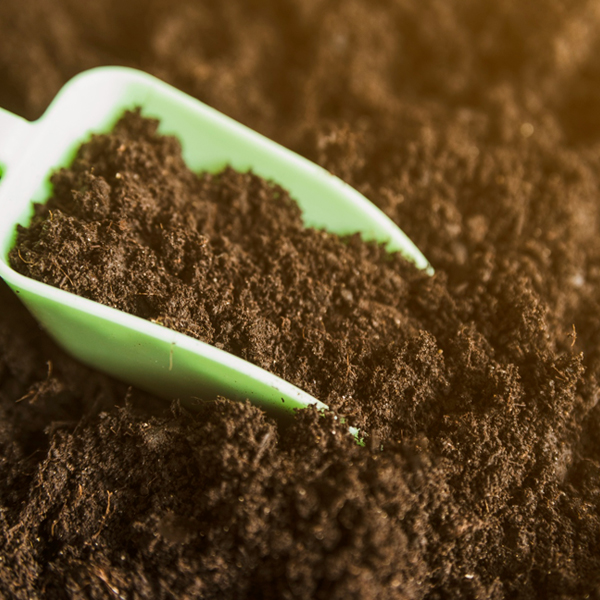 Green Manure
Green Manure
In the grandeur of sustainable agriculture, cover crops, also known as green manures, emerge as the silent heroes. These unsung champions, often overlooked, play a vital role in enhancing the vitality of crops like rice, millet, maize and organic produce. Let's explorethe abundant benefits of cover crops and how their impact extends beyond the fields, contributing to the prosperity and well-being of communities.
Nitrogen Enrichment and Soil Health
Cover crops, primarily legumes such as clover and vetch, have the unique ability to fix atmospheric nitrogen in the soil. For crops such as rice, millet and maize that thrive on adequate nitrogen levels, the presence of cover crops translates into a natural and sustainable source of this essential nutrient. Nitrogen-rich soil promotes strong vegetative growth and contributes to the overall health of the crop.
Weed Suppression and Erosion Control
The dense growth of cover crops creates a protective canopy that shades the soil, and prevents the spread of weeds. This natural weed-suppression effect is particularly beneficial for crops such as millet and maize, which can be susceptible to weed competition. Additionally, the extensive root systems of cover crops help stabilize the soil, reduce erosion, and improve water retention.
Organic matter and microbial harmony
As cover crops decompose, they add organic matter to the soil, increasing its structure and fertility. This organic matter acts as a feast for beneficial microorganisms, promoting a harmonious environment in the soil. Microbial activity aids in nutrient cycling, making essential elements more accessible to crops, benefiting rice, millet, maize and organic products alike.
Economic and Environmental Sustainability
In addition to immediate benefits for crops, cover crops contribute to economic and environmental sustainability. Reducing reliance on synthetic fertilizers and pesticides results in cost savings for farmers, while preserving soil health and biodiversity protects the environment for future generations.
